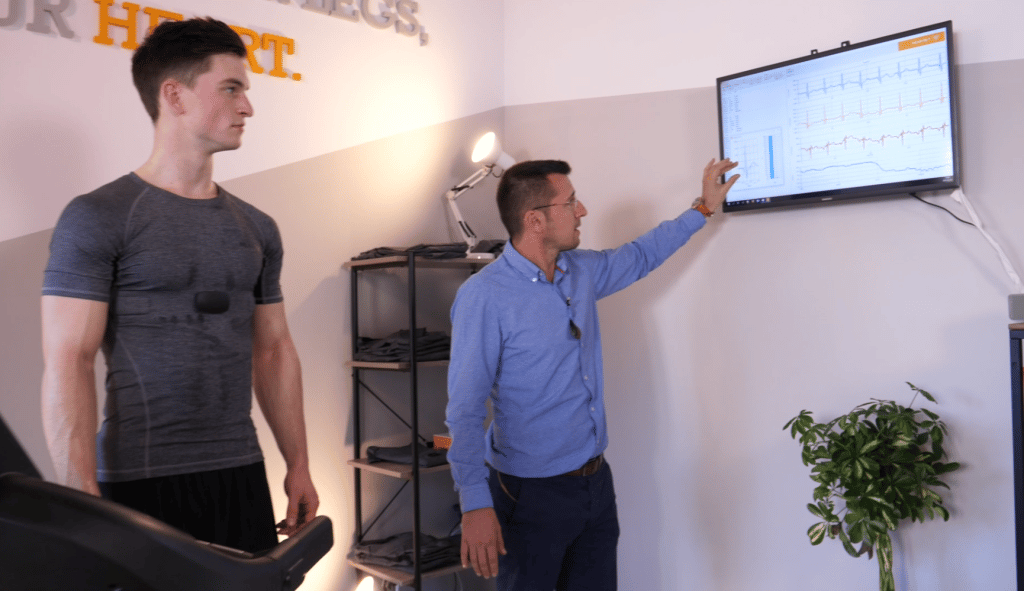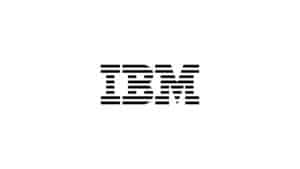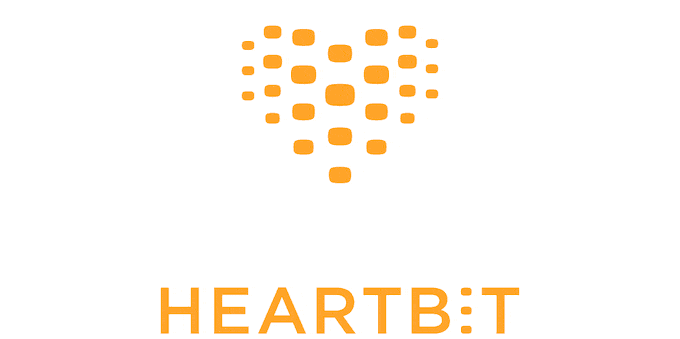A stress test can provide results that a resting ECG will not. A resting ECG measures the electrical activity of the heart while the person is at rest. On the other hand, a stress test involves exercising the person, usually on a treadmill or stationary bike, to increase the heart rate and blood flow. This test helps to evaluate the heart’s response to physical stress and can identify any blockages or problems with the blood flow to the heart.

Some of the results that can be obtained from a stress test but not from a resting ECG include:
- Evidence of exercise-induced ischemia (reduced blood flow to the heart)
- Identification of areas of the heart that are not receiving enough blood during physical activity
- Evaluation of the effectiveness of treatments for conditions such as angina or heart disease
- Assessment of the risk of heart problems during physical activity
In conclusion, while a resting ECG provides important information about the heart’s electrical activity, a stress test provides additional information about how the heart responds to physical stress, which is important in the evaluation and management of heart disease.
The value of long-term historical evaluation of stress test data
Long-term historical evaluation of stress test data can be very helpful for a cardiologist in several ways:
- Monitoring disease progression: By tracking changes in stress test results over time, a cardiologist can monitor the progression of a heart condition and determine if it is improving or getting worse.
- Evaluating treatment effectiveness: A cardiologist can use stress test data to evaluate the effectiveness of treatments for heart disease, such as medication or lifestyle changes. If stress test results improve over time, it may indicate that the treatment is working.
- Detecting early warning signs: By comparing stress test results from previous tests, a cardiologist can detect early warning signs of heart disease, such as changes in heart rate, blood pressure, or electrocardiogram (ECG) patterns.
- Personalizing treatment plans: By analyzing long-term stress test data, a cardiologist can gain a deeper understanding of a patient’s unique heart health and use this information to personalize treatment plans and set appropriate goals for recovery.
In conclusion, the ability to track and analyze long-term stress test data can provide valuable information for a cardiologist in the evaluation and management of heart disease. This information can help the cardiologist make informed decisions about treatment options and monitor the effectiveness of treatments over time.
Advantage of a 3-lead stress ECG system
A 3-lead stress ECG, also known as a 3-channel stress ECG, provides more comprehensive information about the heart’s electrical activity compared to a single-lead stress ECG. The 3-lead stress ECG records electrical signals from three different points on the body, whereas a single-lead stress ECG only records signals from one point.
The advantages of a 3-lead stress ECG include:
- Improved accuracy: The additional information from the two extra leads provides a more complete picture of the heart’s electrical activity during physical stress, leading to improved accuracy in the diagnosis of heart conditions.
- Enhanced diagnostic capabilities: A 3-lead stress ECG provides more information about the location and extent of heart problems, making it easier for a cardiologist to diagnose conditions such as heart blockages or arrhythmias.
- Better assessment of heart function: A 3-lead stress ECG provides a more comprehensive assessment of heart function, including information about blood flow and oxygen levels, which is not available with a single-lead stress ECG.
In conclusion, a 3-lead stress ECG provides a more detailed and accurate assessment of the heart’s electrical activity during physical stress compared to a single-lead stress ECG. This information can help cardiologists make more informed decisions about treatment options and monitor the effectiveness of treatments over time.
The medical version of Heartbit will provide continuous stress test data, using 3-leads, recorded conveniently on-the-go, available in digital form for clinicians to evaluate historically. Heartbit introduces a new era of stress ECG data becoming available for various demographic groups.




